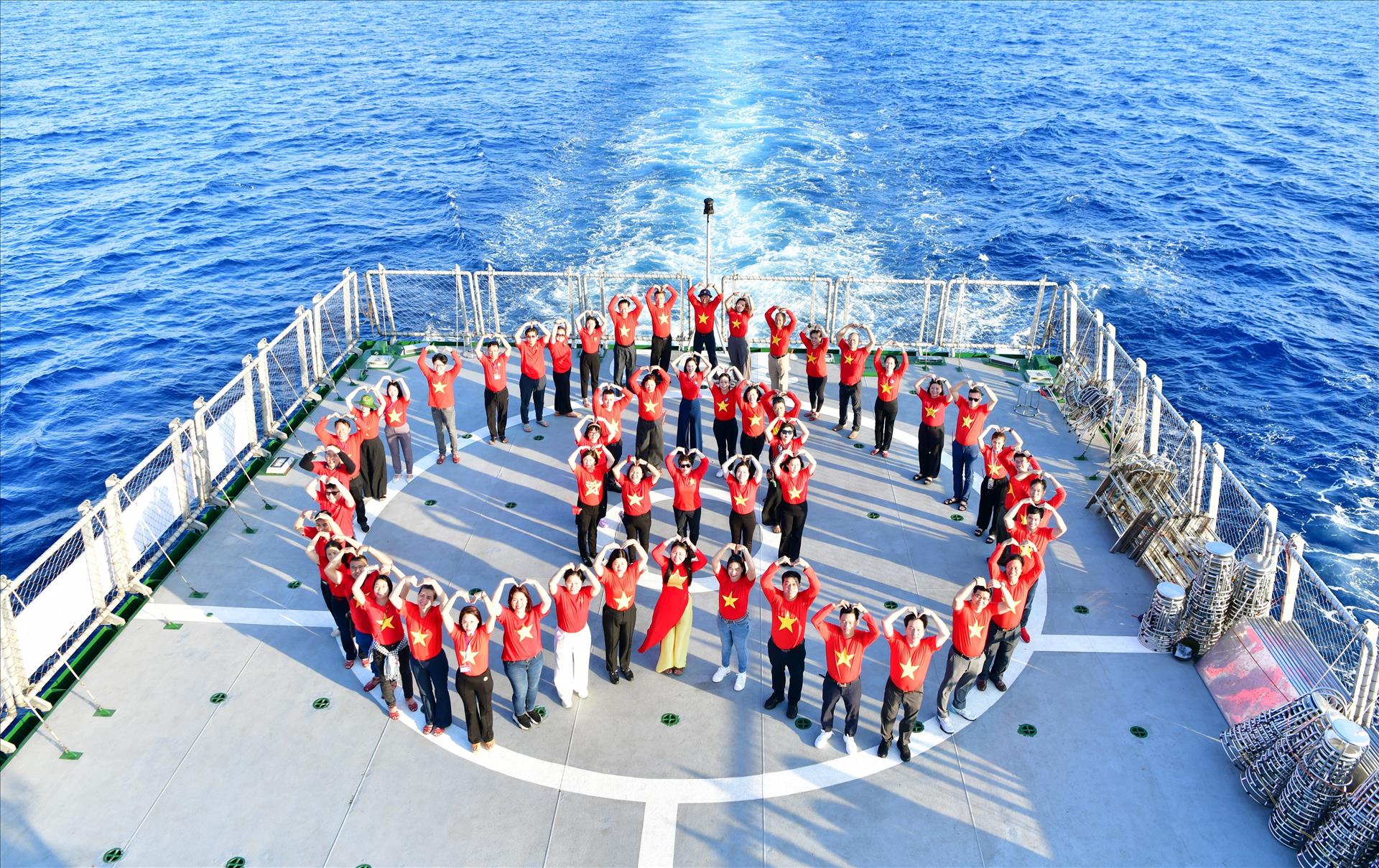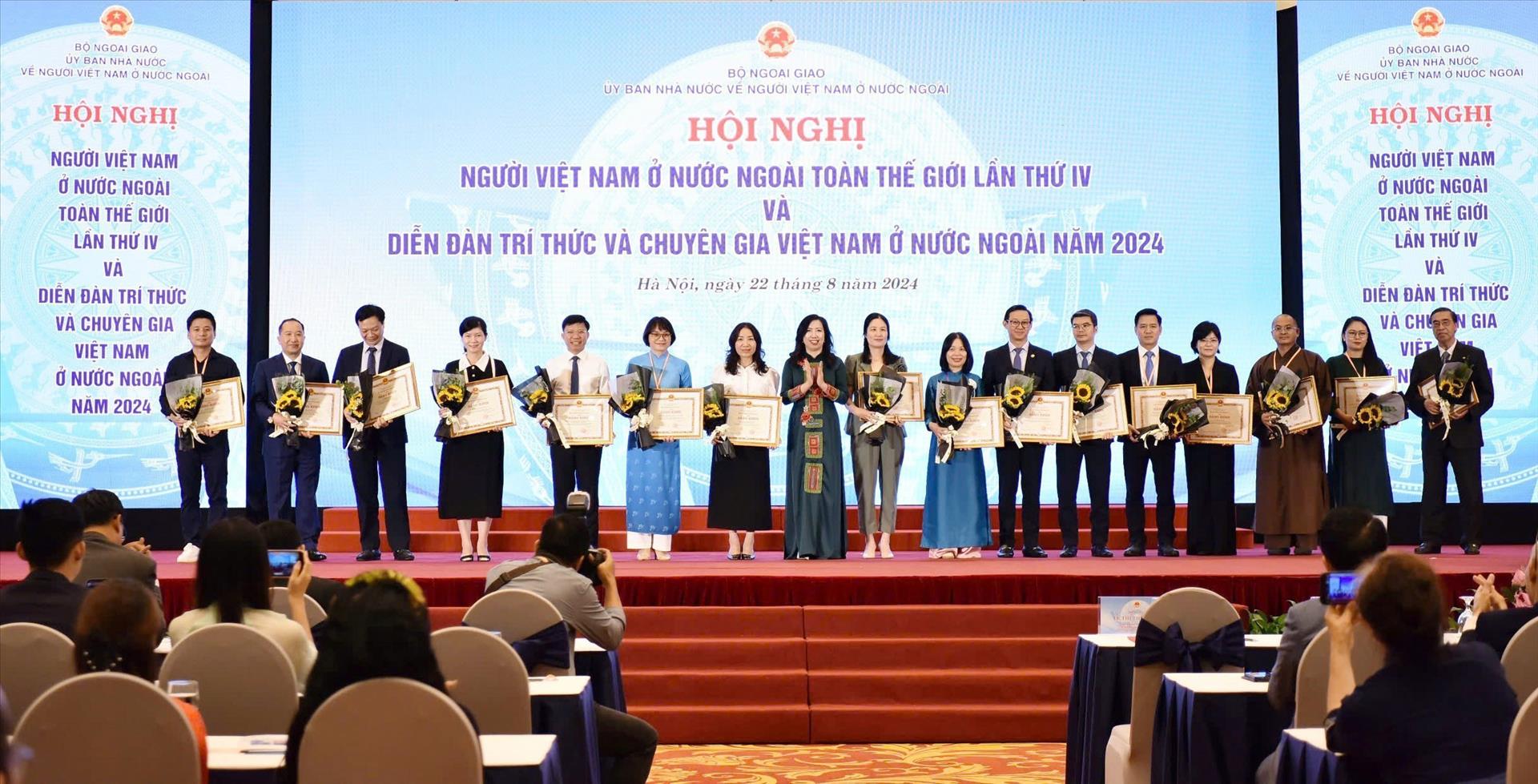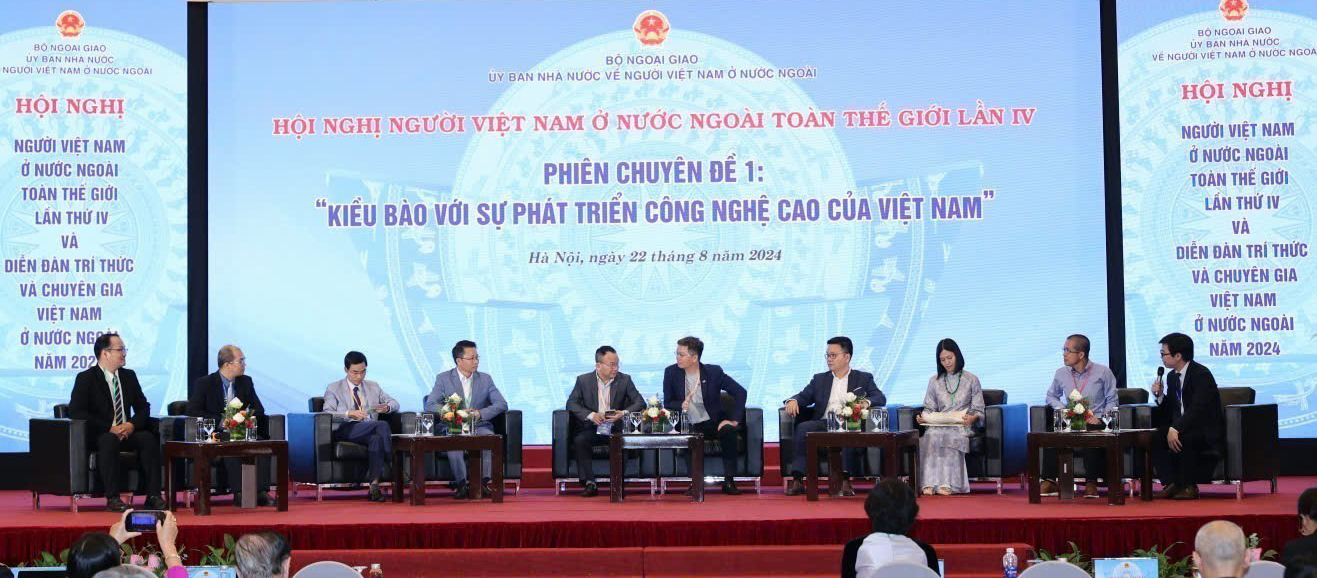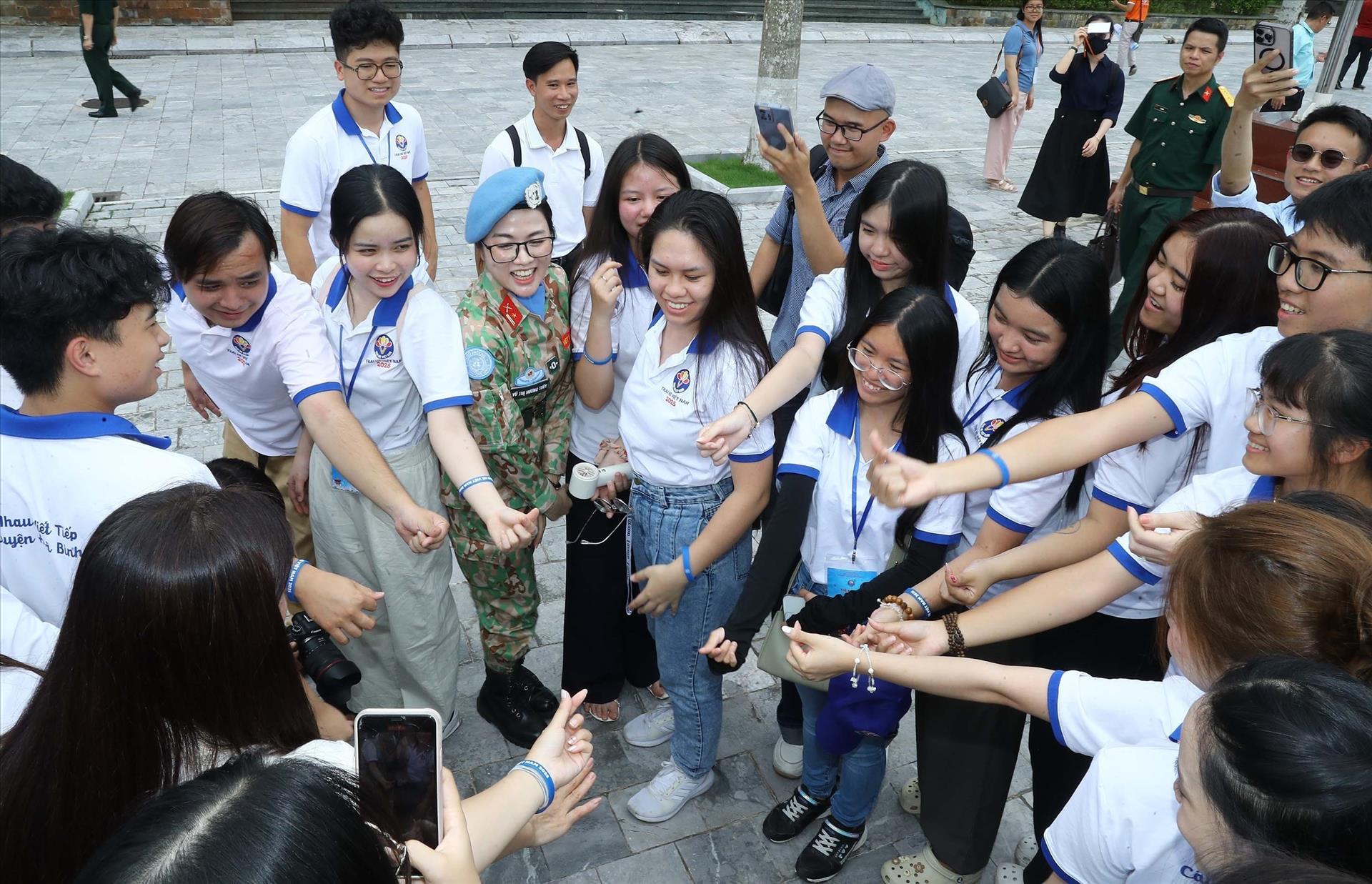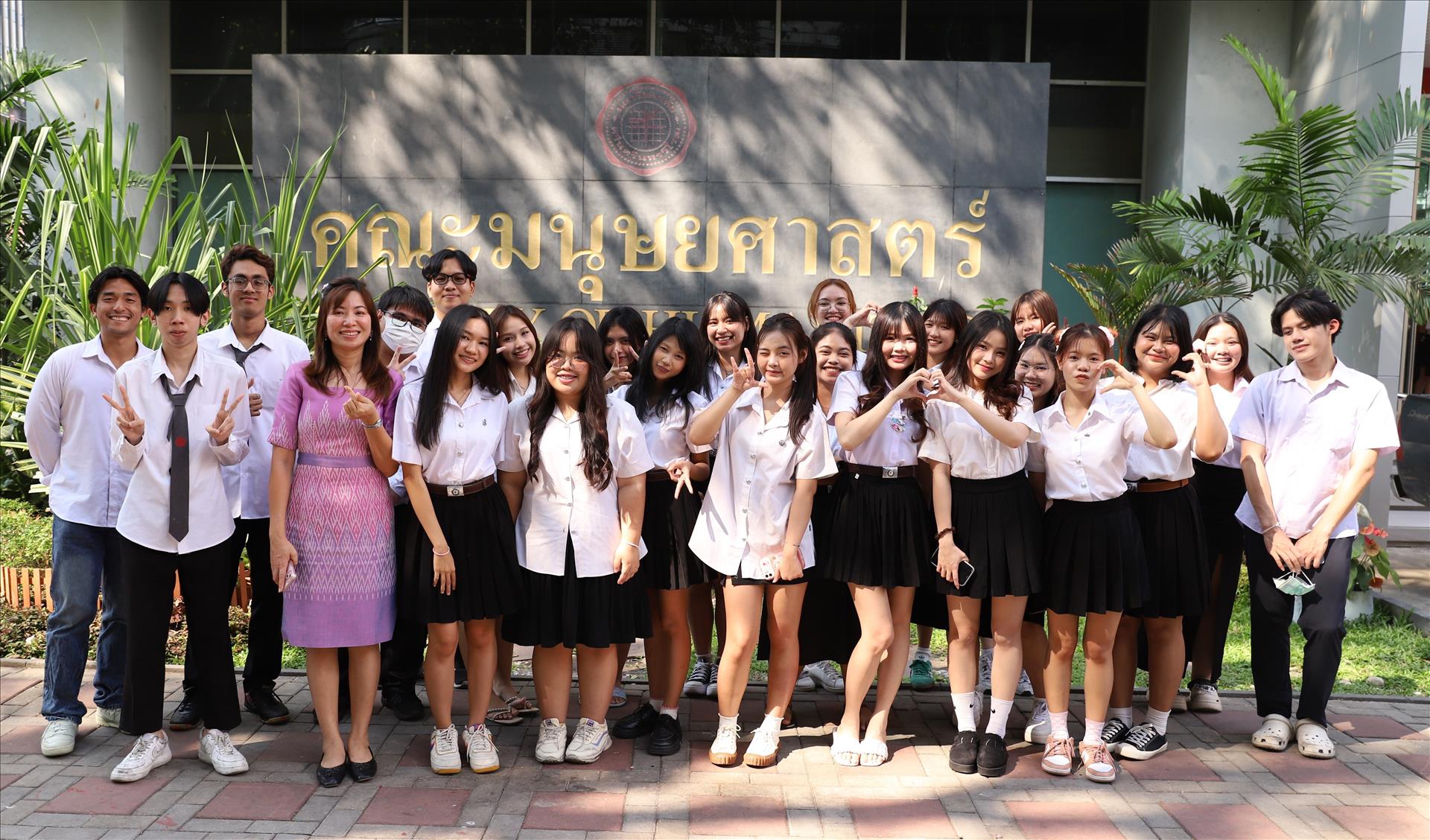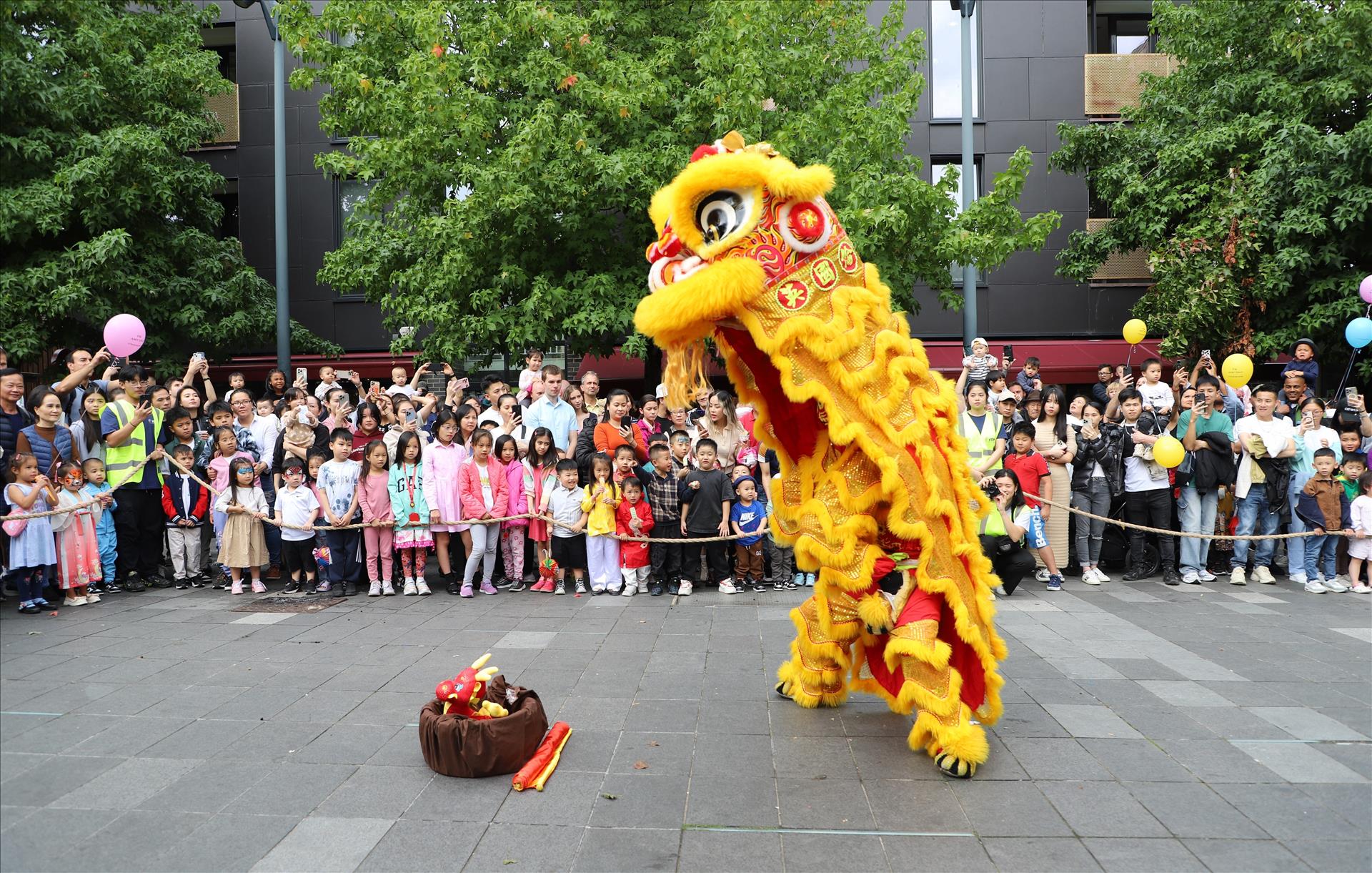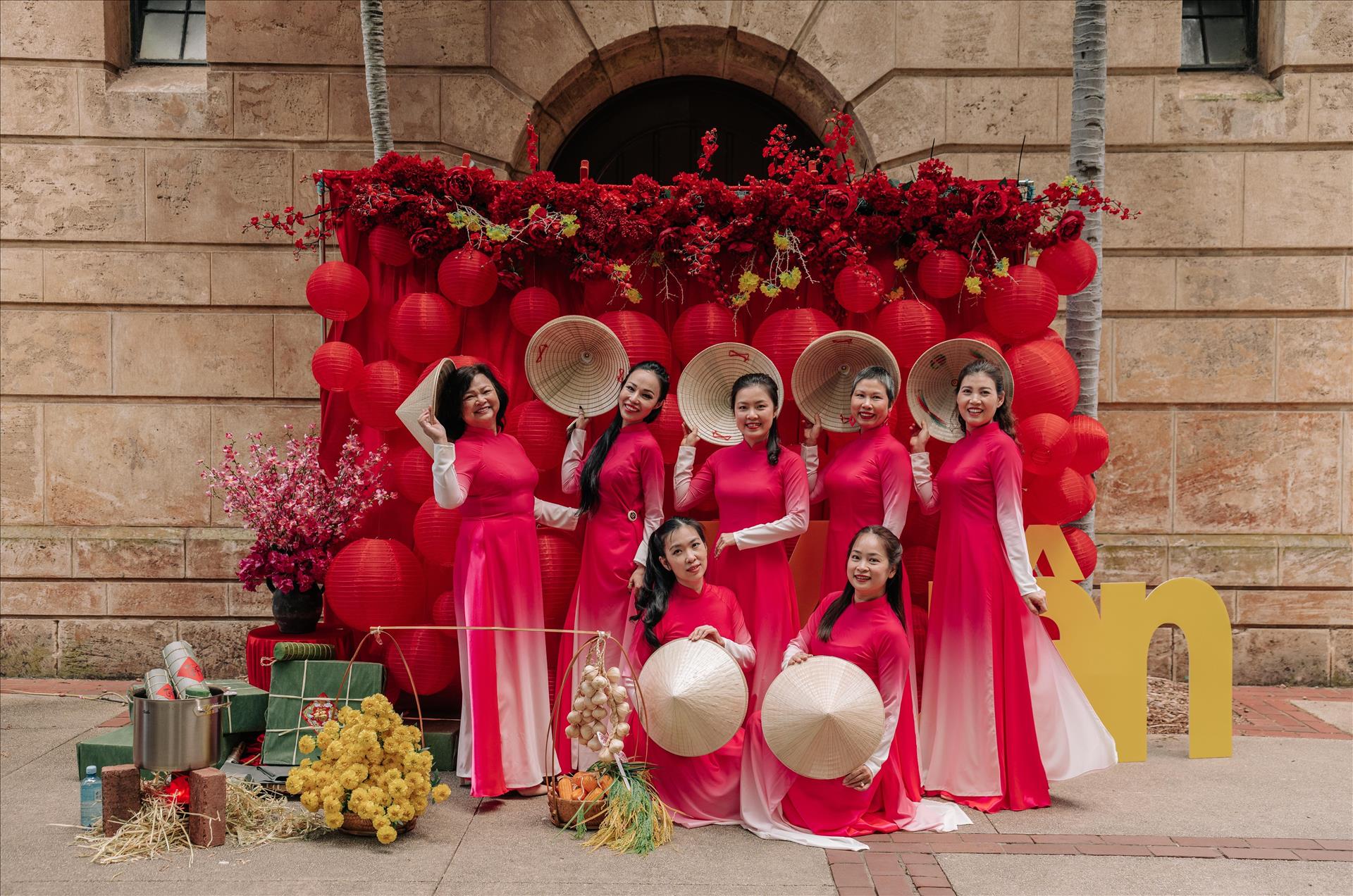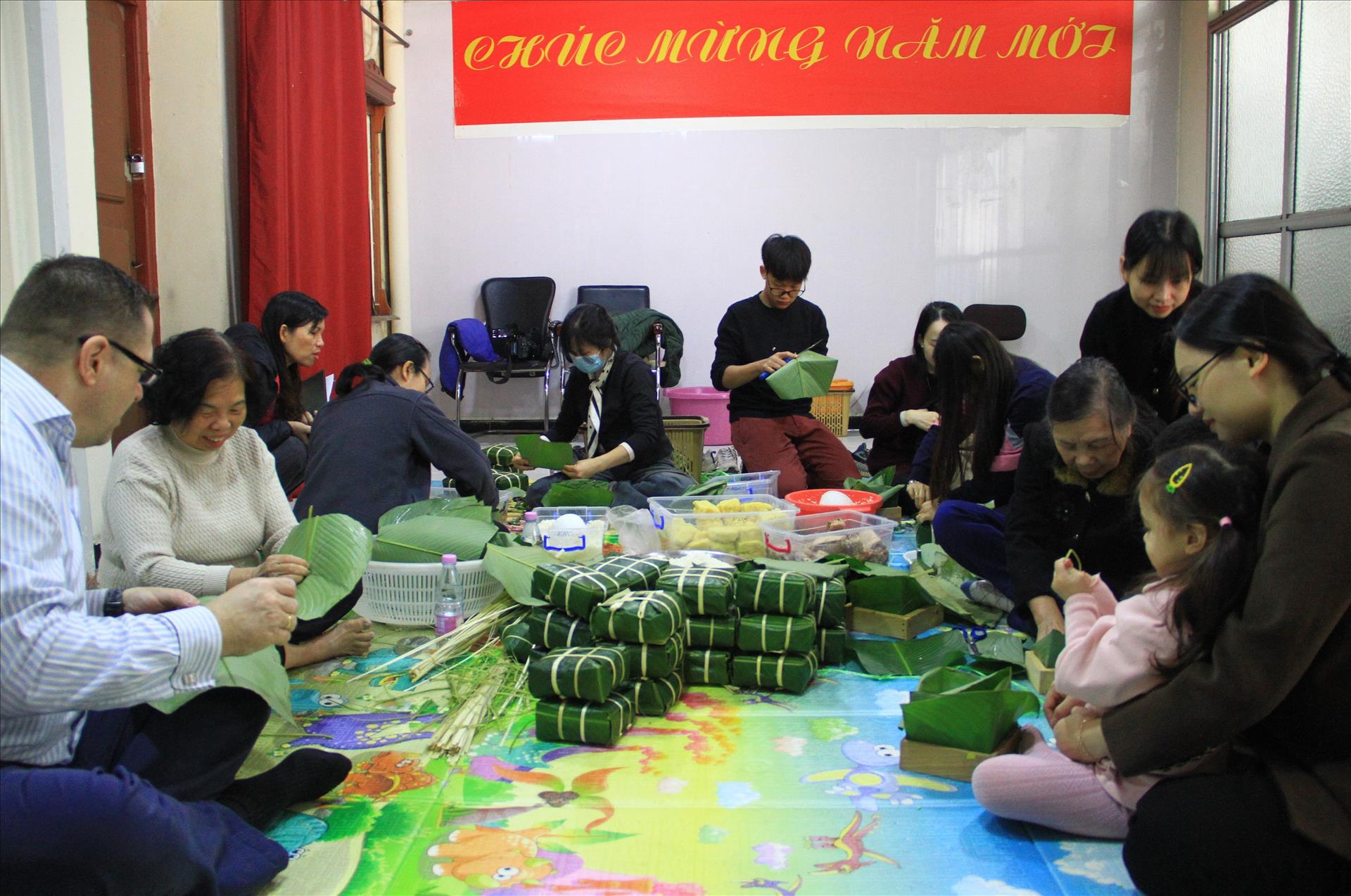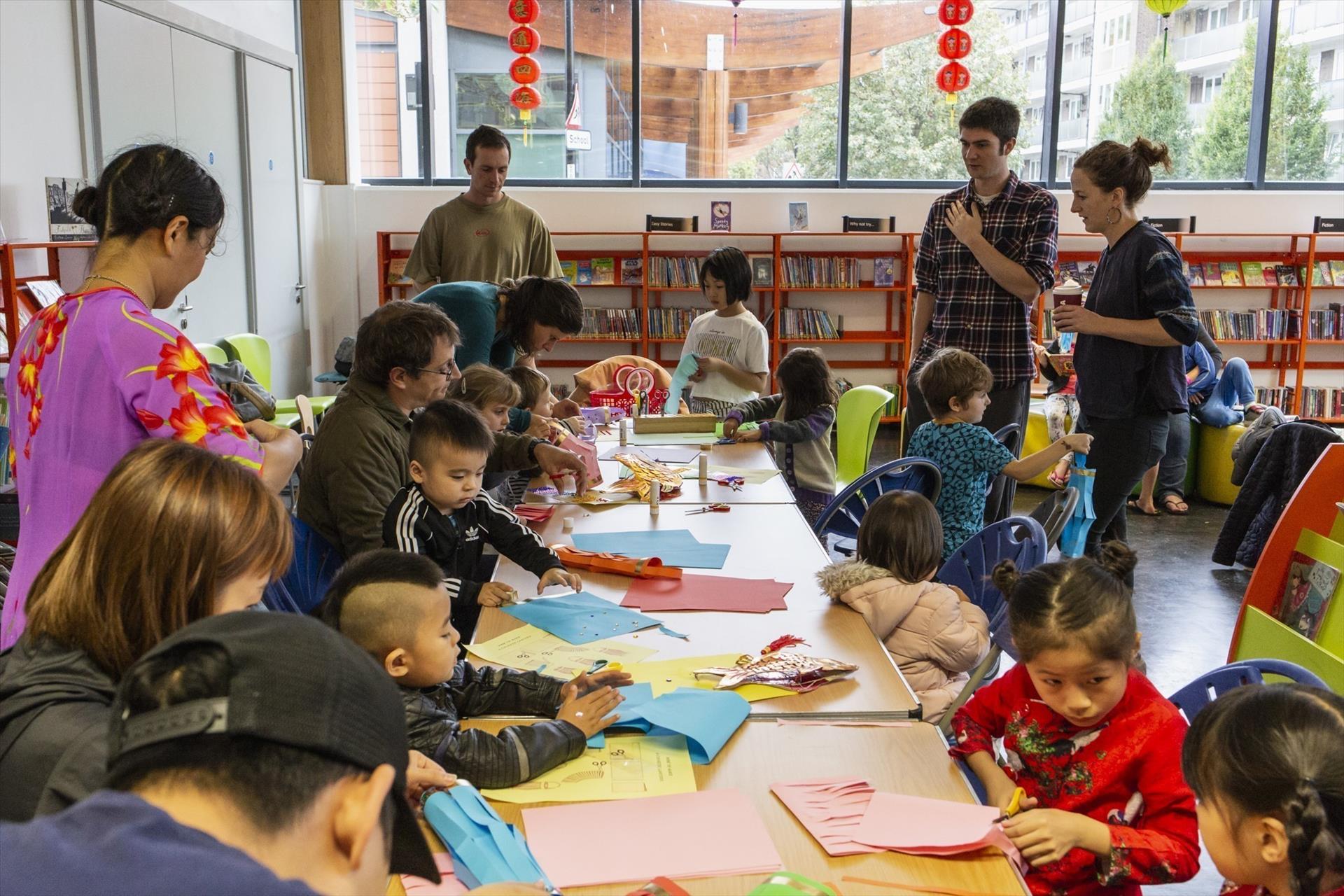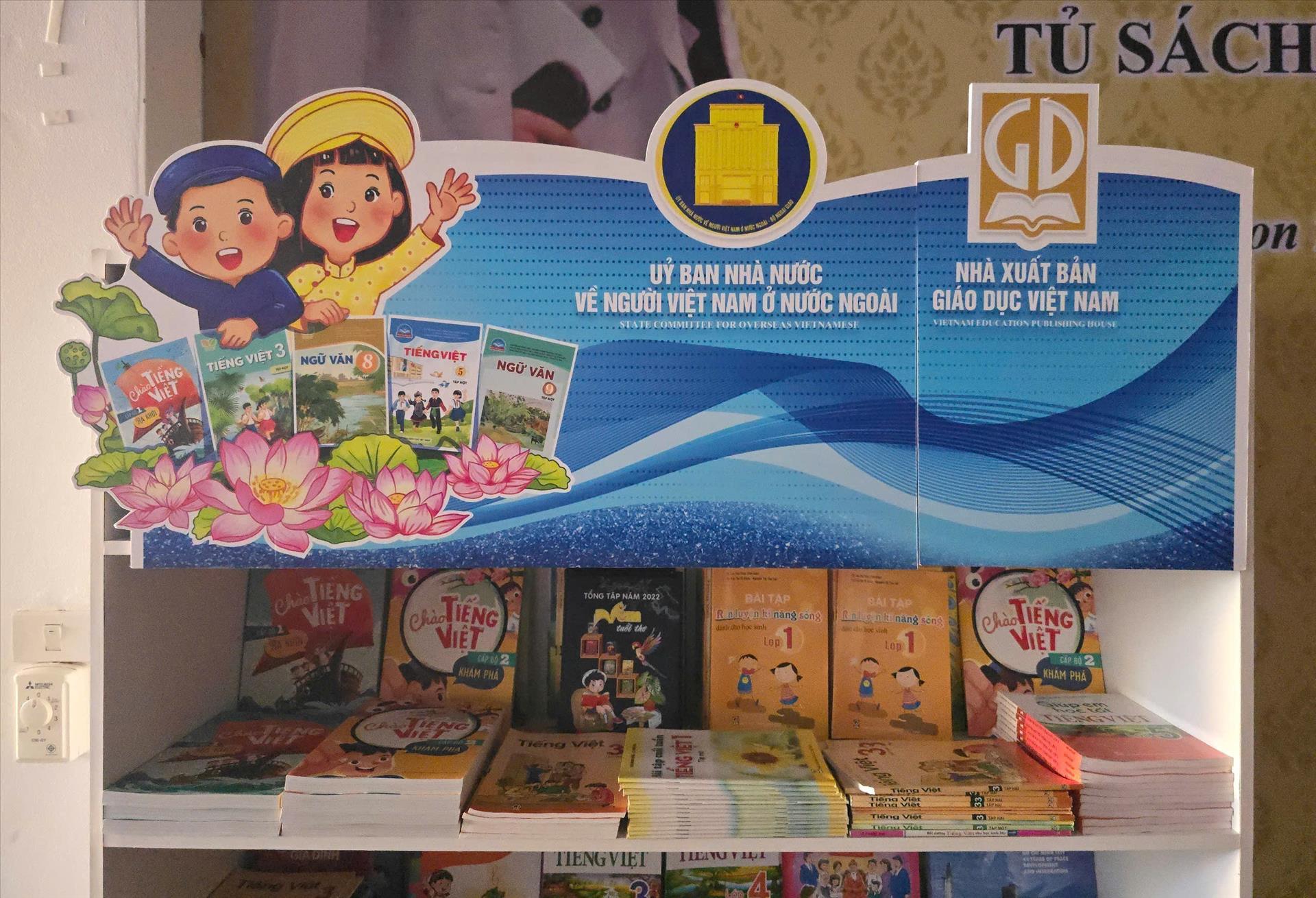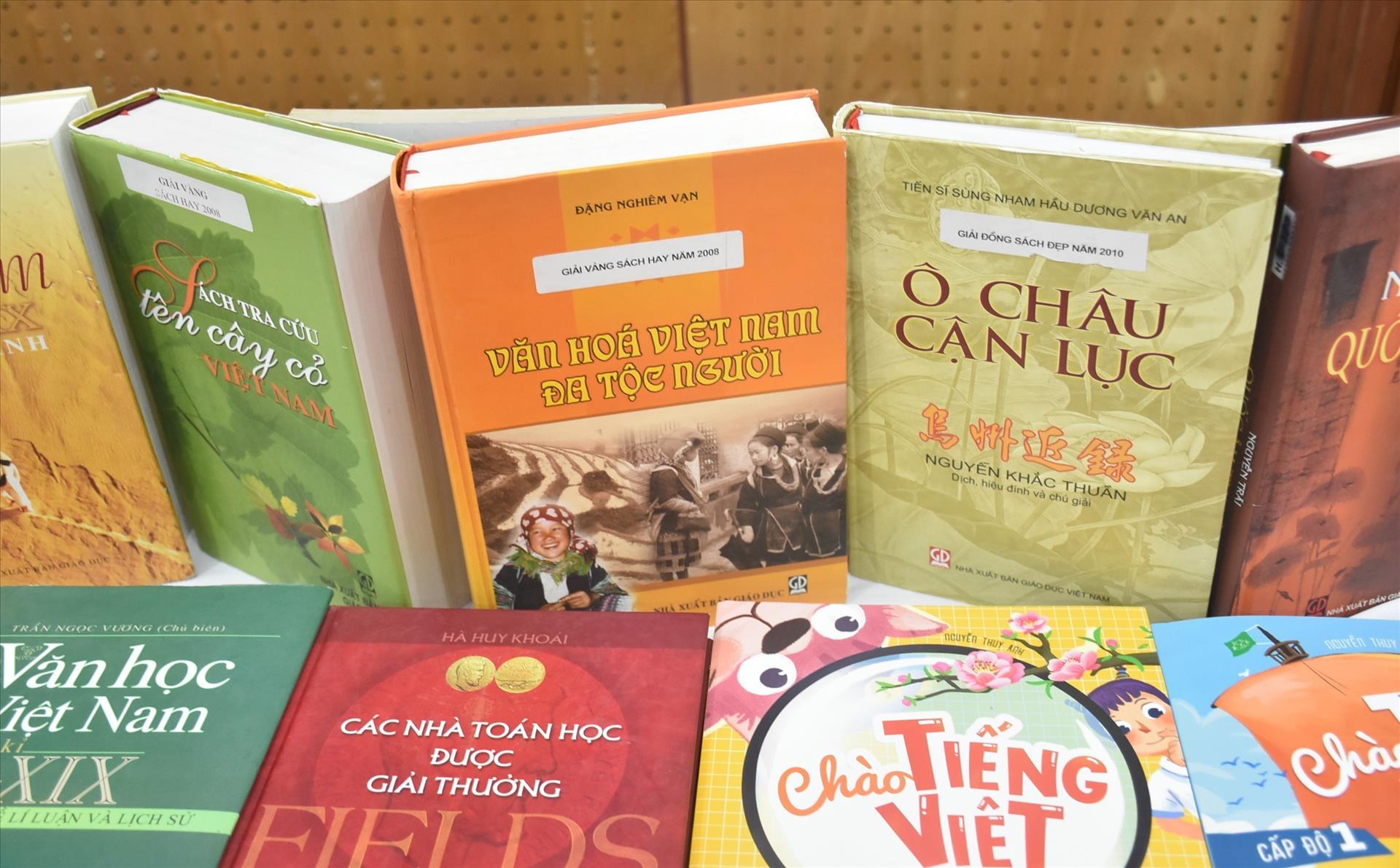Vietnam Promoting International Cultural Integration
In recent years, Vietnam's cultural diplomacy has achieved significant milestones, contributing to a more robust foreign policy and elevating the nation's standing throughout the region and worldwide.
Promoting international cultural integration is a key directive of the Politburo's Resolution No. 59-NQ/TW on "International Integration in the New Context," issued on January 24, 2025 with the aim of ushering in a new development phase for Vietnam as it pursues comprehensive global integration. It is one of four pillar resolutions designed to guide Vietnam confidently into a new era.
In today’s evolving global landscape, leveraging the soft power of culture is a key strategy for many nations seeking sustainable development and an elevated global standing. Party General Secretary To Lam highlighted that Vietnam's Resolution 59 is well-aligned with current global trends and advances international integration with a visionary framework built on revolutionary ideals, national identity, scientific reasoning, and modern relevance. He praised the resolution as a historic milestone in Vietnam's drive for deeper, more significant engagement with the world.
Vietnam's diplomatic sector has played a pioneering role and implemented synchronously, comprehensively, and effectively foreign affairs activities. This has yielded significant, historically meaningful results and achievements, becoming a highly impressive bright spot among the nation's overall accomplishments in recent years.
This success has further solidified a favorable foreign policy landscape for development and enhanced the country's standing. As emphasized by late General Secretary Nguyen Phu Trong, these diplomatic achievements contributed significantly to the successful implementation of the 13th National Party Congress's Resolution. This assessment comes from Deputy Prime Minister and Foreign Minister Bui Thanh Son, offered as part of the review commemorating the 80th anniversary of Vietnam's diplomatic sector (August 28, 1945 - 2025).
Looking ahead to 2030, under its national foreign policy strategy, Vietnam will continue to implement major cultural diplomacy initiatives. These efforts aim to shape a strong national narrative, one that presents Vietnam as a peaceful, beautiful, and modern country with a rich cultural heritage, dynamic development, and warm, hospitable people. Vietnam is positioning itself as a trusted destination for living, studying, traveling, and investing. At the same time, greater emphasis will be placed on organizing cultural events with international elements at the local level, helping to strengthen both sectoral and regional branding across the country.
Vietnam is stepping up efforts to diversify support activities for overseas Vietnamese communities, with a focus on preserving the Vietnamese language, promoting cultural identity, and upholding the nation’s rich traditions. These efforts include advocating for the inclusion of Vietnamese language instruction in educational institutions in areas with large Vietnamese populations.
Annual initiatives such as Vietnamese Language Appreciation Day, summer camps, cultural weeks, and the Global Forum for Young Vietnamese Intellectuals are also being expanded to encourage cultural exchange, learning, and language preservation, especially among the younger generation.
Vietnam is also enhancing its presence at prestigious international cultural events, with an eye toward hosting major regional and global forums in fields such as culture, sports, tourism, science, education, and health. Investment in cultural innovation is growing, with a focus on producing and exporting high-quality artistic works. These efforts include promoting the Vietnamese language, customs, traditional festivals, ethnic costumes, handicraft villages, and a wide range of creative expressions, from cinema and music to fine arts, photography, and architecture.
In a rapidly evolving global landscape, Vietnam is poised to enter a new era of national ascent, presenting numerous opportunities and prospects. However, this context also places a significant responsibility for innovation on cultural and diplomatic work. The goal is to effectively leverage resources for cultural development, contributing to the nation's ongoing construction, defense, and development.
.
Story: VNP Photos: VNA Translated by Nguyen Tuoi
